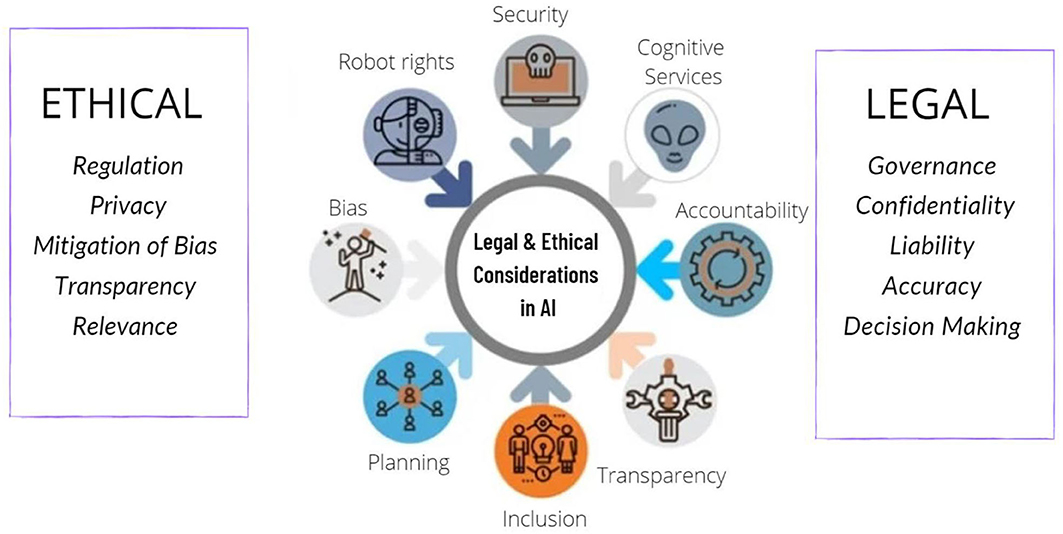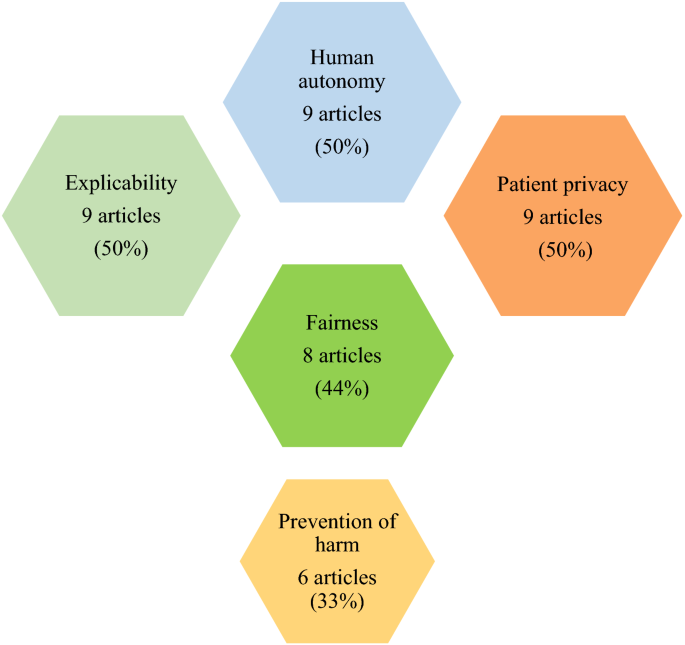2025 DNA Day Essay Contest: Full Essays - ASHG
Artificial Intelligence (AI) has significantly transformed the landscape of genetic testing and personalized medicine, ushering in a new era of precision healthcare. The traditional methods of genetic screening are being replaced by AI-driven technologies that can analyze vast genomic datasets with unprecedented speed and accuracy, leading to more precise diagnoses and tailored treatment strategies.
AI Revolutionizing Genetic Testing
AI plays a crucial role in genetic testing by processing complex genomic data quickly and efficiently. Unlike traditional techniques such as karyotyping and PCR, which have limitations in detecting certain genetic variations, AI algorithms can analyze whole-genome sequencing data to identify rare mutations and common genetic variants associated with various diseases, including cancer.

By incorporating natural language processing and machine learning, AI platforms like IBM Watson for Genomics can provide clinicians with valuable insights by cross-referencing a patient's genetic profile with a vast repository of scientific literature and clinical outcomes. This integration of genetic data with clinical variables enables the development of personalized treatment plans that optimize drug efficacy and minimize side effects.
Challenges and Ethical Considerations
Despite the promise of AI in genetic testing, several challenges must be addressed. One concern is the reliability of AI model predictions, as machine algorithms trained on incomplete datasets may lead to misdiagnosis or erroneous risk projections. The interpretability of AI insights also remains a challenge, with many models being perceived as "black boxes," making it difficult for clinicians and patients to understand the rationale behind the predictions.

Bias in AI algorithms is another critical issue, particularly regarding the accuracy of genetic risk predictions for underrepresented populations. If AI models are trained on biased data, it can perpetuate disparities and worsen health inequalities. Additionally, the ethical implications of AI in healthcare, such as data privacy and transparency in decision-making, must be carefully considered to ensure equitable and patient-centered care.
The Future of AI in Genetic Medicine
As AI continues to evolve and integrate into genetic testing practices, it is essential to define its role clearly. AI should be utilized as a complementary tool to traditional genetic testing, with clinicians retaining control and integrating AI-generated insights with genetic counseling to ensure patient autonomy and informed decision-making.
Ultimately, the adoption of AI in genetic testing is not a question of if but how. By navigating the ethical dilemmas and uncertainties surrounding AI in healthcare, we can harness its potential to advance precision medicine while upholding principles of transparency, accountability, and equity in patient care.
Citations/References
[1] Libbrecht, M. W., & Noble, W. S. (2015). Machine Learning Applications in Genetics and Genomics. Nature Reviews Genetics, 16(6), 321–332. Link
[2] IBM Watson Health. (n.d.). Watson for Genomics. IBM. Link
[3] Markowetz, F., & Spang, R. (2017). Data integration in genome-wide analyses. Nature Reviews Genetics, 18(3), 123-138.
[4] Beam, A. L., & Kohane, I. S. (2018). Big Data and Machine Learning in Health Care. JAMA, 319(13), 1317–1318. Link
[5] Wang, Shiyin. “Predicting Drug Responses by Propagating Interactions through Text-Enhanced Drug-Gene Networks.” arXiv, 2019. Link
[6] Topol, E. J. (2019). Deep Medicine: How Artificial Intelligence Can Make Healthcare Human Again. Basic Books.
[7] Esteva, A., et al. (2019). A Guide to Deep Learning in Healthcare. Nature Medicine, 25(1), 24–29. Link
AI in Healthcare and Genomics
The role of Artificial Intelligence (AI) in healthcare and genomics is pivotal, offering unparalleled speed and accuracy in data analysis that surpasses human capabilities. Modern AI systems leverage advanced neural networks and machine learning algorithms to identify genetic variants, analyze drug-gene interactions, and evaluate polygenic risk scores, ultimately enhancing diagnostics and aiding in drug development.
While AI holds immense potential in revolutionizing healthcare, its widespread adoption raises concerns regarding ethics and reliability. Regulating the integration of AI in healthcare and genomics is crucial to maximize its benefits and address potential drawbacks effectively.

Advantages of AI in Healthcare and Genomics
One of the significant strengths of AI in healthcare lies in its ability to predict disease risks and personalize therapeutic approaches using advanced algorithms. Platforms like GENEVIC and TxGNN demonstrate how AI can automate genetic data analysis, predict disease risks, and repurpose existing medications for new conditions, offering more accurate diagnostics and innovative treatment options.
However, the use of AI in healthcare also comes with significant challenges, particularly regarding biases in data training and ethical considerations. AI systems may exhibit racial and gender biases, leading to disparities in diagnostic accuracy and treatment outcomes for underrepresented populations. The lack of transparency in AI decision-making processes further complicates the ethical landscape of healthcare.
Addressing these challenges and ethical concerns is vital to ensure the responsible and equitable integration of AI in healthcare and genomics. By promoting transparency, data ethics, and patient-centered care, we can harness the full potential of AI to improve healthcare outcomes and advance precision medicine.




















